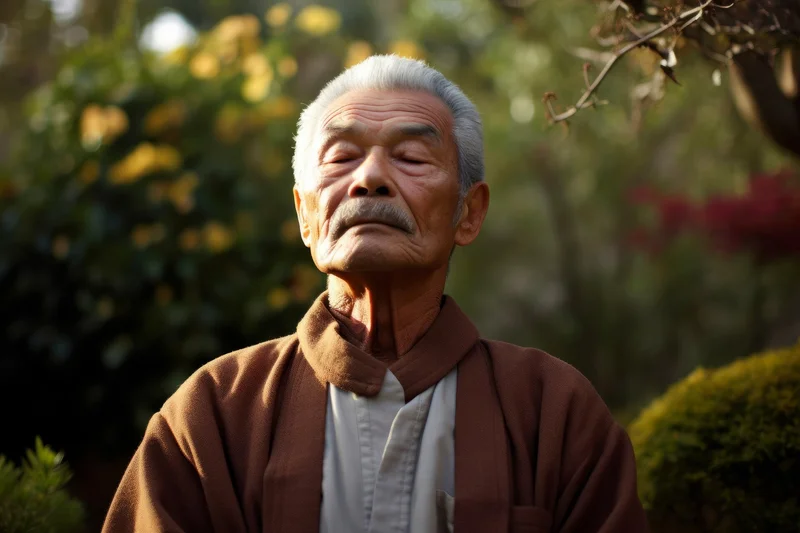Japanese daily routine before bed

Photo source: 123rf.com
The Japanese have a way of ending the day that allows you to relax your body and mind, sleep soundly, and wake up with energy and optimism. These habits are the result of thousands of years of wisdom combining tradition, science and philosophy.
Japan is a country with one of the happiest and longest-living populations in the world. Have you ever wondered why Japanese people are so happy?
We once again look to the East in search of inspiration and advice to improve the quality of our lives. What can we learn from the Japanese? What secrets lie behind their nighttime habits and how can we apply them to our daily lives? Everything is very simple.
Japanese. Photo source: 1234f.com
Ikigai: the meaning of existence
Ikigai is a Japanese term that has no literal translation, but can be defined as the "reason for life" or "raison d'être" that makes life worth living from the moment we get up in the morning. According to the Japanese, everyone has an ikigai, a motive or purpose for existence, something that motivates and makes us happy, something that gives us energy and joy. Some have found it and know it, others carry it within themselves but still don't realize it or may never even achieve it.
Ikigai is associated with self-realization and is something inherent and spontaneous, due to which our actions are not performed under the compulsion of society, but are performed with pleasure because they bring us satisfaction in themselves.
People who have found their own ikigai have better health, live longer, and lead more joyful and active lives. And although finding it requires patience, it is undoubtedly one of the secrets to a long, young and happy life.
Japanese longevity. Photo source: 123rf.com
But what habits make the Japanese live so long and so well?
The Japanese have several beneficial traditions that contribute to their longevity and quality of life. Here are some of them:
- Eating a diet low in saturated fats and sugars based on fish, whole grains, soybeans, tofu, seaweed and vegetables;
- drinking plenty of tea, which strengthens the immune system, improves memory, bone and heart function;
- practice Hara Hachi Bu, which means “eat until the stomach is 80% full (this prevents excess weight, promotes digestion);
- being grateful is an attitude that can change the course of your life because it promotes harmony, respect, purity and peace.
The Japanese way of life is a mixture of tradition and modernity, reflecting their thousand-year-old wisdom and technological innovation. The Japanese are hard-working, disciplined, polite and respectful of the environment and society. They are also lovers of nature, art and culture and enjoy activities such as tea ceremony, origami, ikebana, manga, anime, karaoke or video games.
But one of the keys to being happier every day may lie in their nightly habits. The Japanese have a number of rituals they perform before bed that help them relax, get better sleep and prepare for the next day, namely:
1. Have soup for dinner.
Soup is a typical Japanese dish that is eaten for both breakfast and dinner. For dinner, they usually eat miso soup, a food associated with longevity because of the benefits it brings to the body as its main ingredient is soybean and it is a good source of quality protein. which can help lower LDL cholesterol levels, as well as hydrate, fill, and provide nutrients. and it makes digestion easier. It also has a calming effect, perfect for ending the day.
2. Take a hot bath.
The Japanese are known for their bathing culture, which dates back centuries. A hot bath has many benefits for the body: it relaxes muscles, improves circulation, cleanses the skin and reduces stress, which helps you fall asleep and get a good night's sleep.
3. Go to bed early and sleep 7-8 hours.
The Japanese typically go to bed between 10 and 11 a.m. and get up around 6 or 7 a.m., which allows them to get 7 to 8 hours of sleep—the recommended amount of time for good physical and mental health.